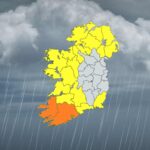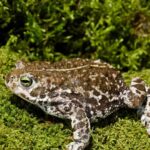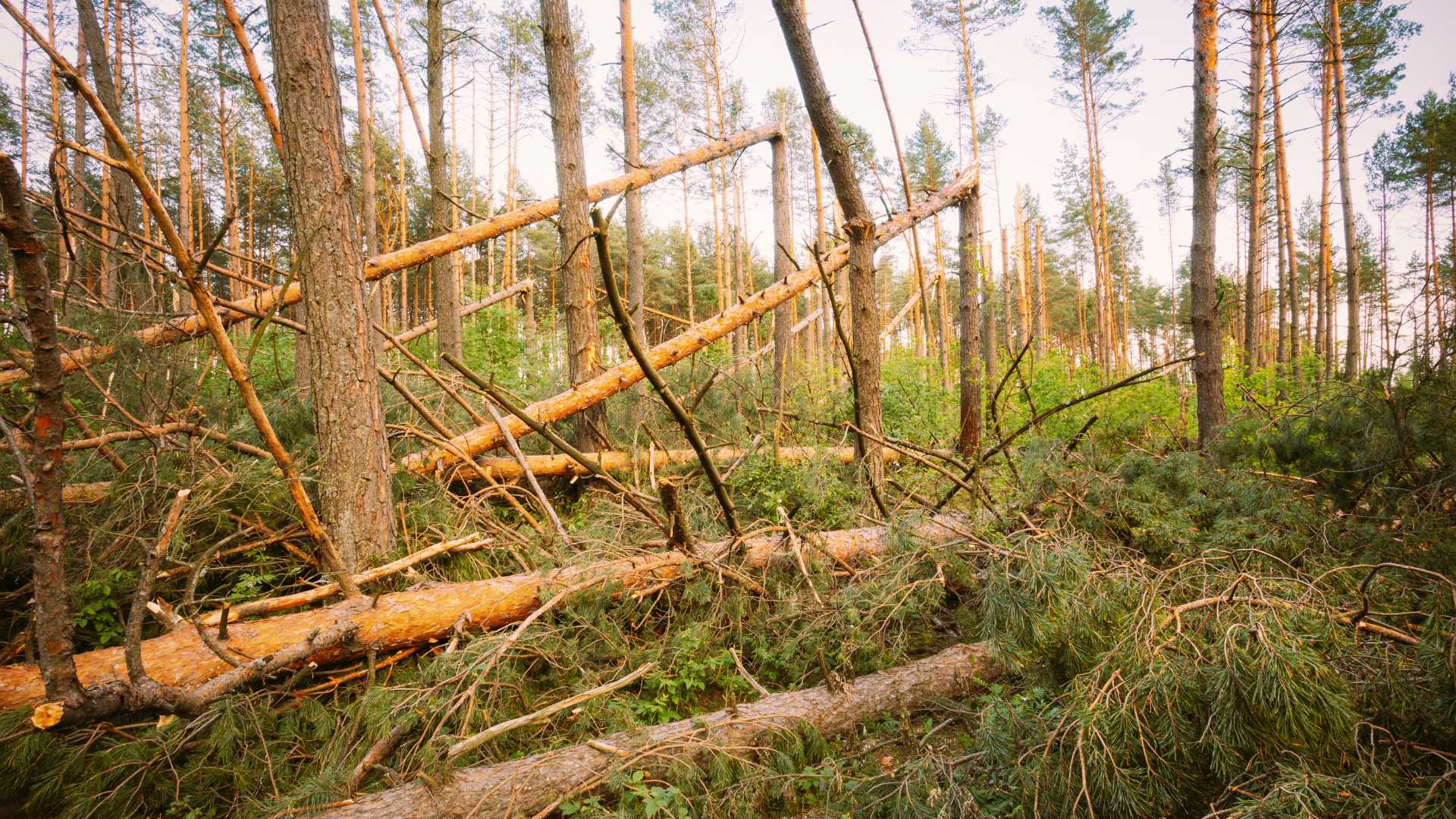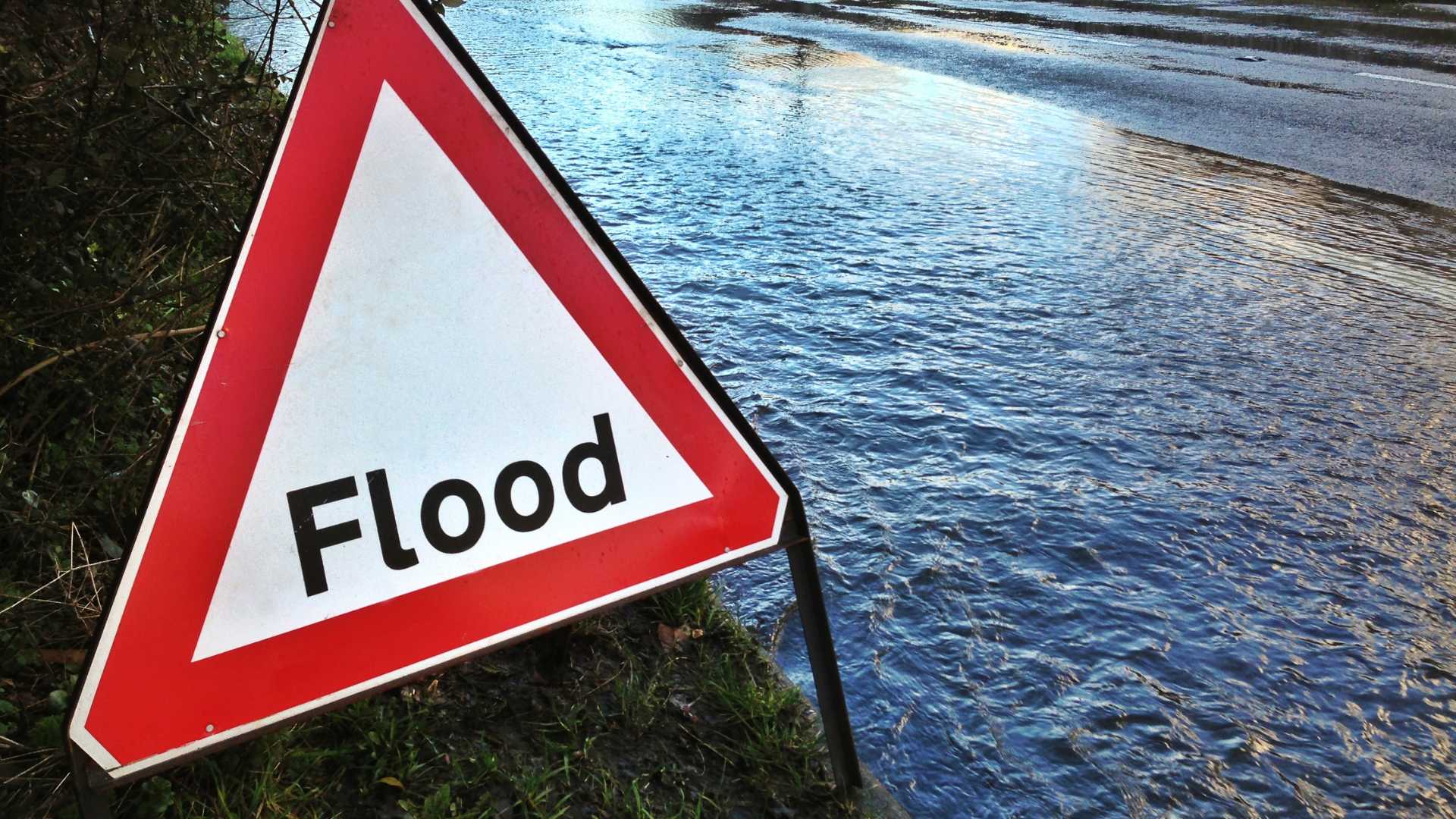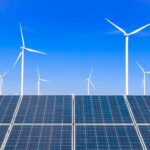
Taoiseach Opens Key Climate-Agriculture Summit
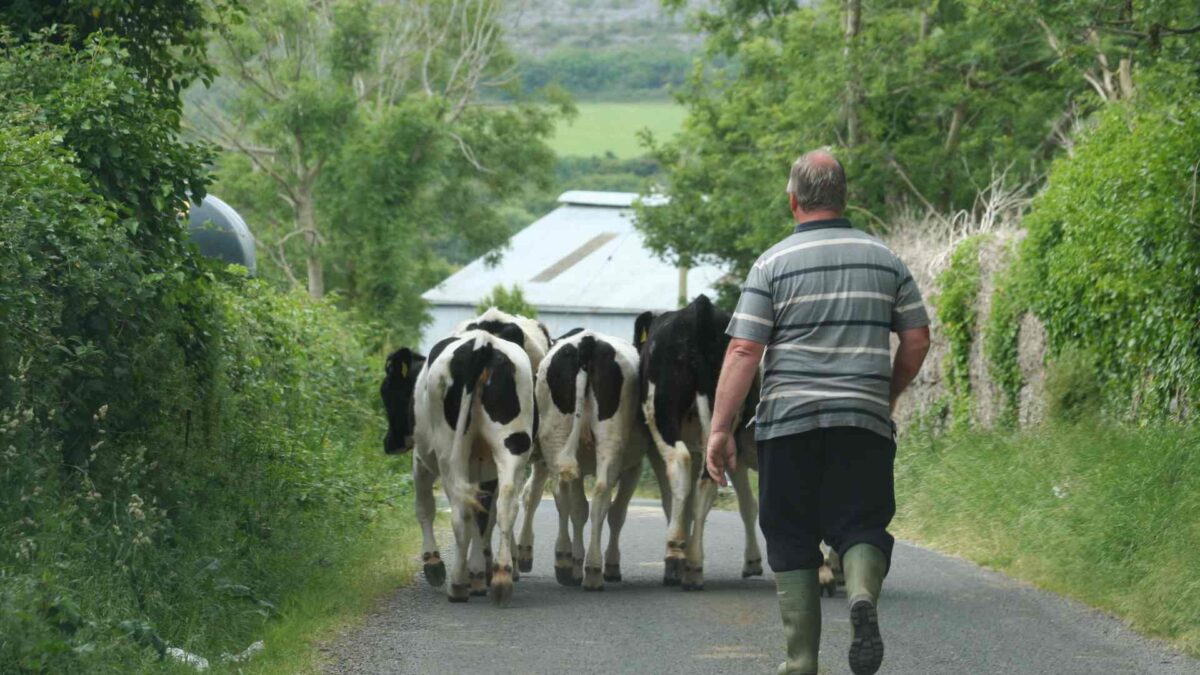
A pivotal event in Ireland’s climate and agricultural calendar took place today at Dublin Castle as Taoiseach Micheál Martin TD officially opened the ‘Agriculture and Climate Change: Science into Action’ conference.
The high-level gathering is jointly hosted by Minister for Agriculture, Food and the Marine Martin Heydon TD and Minister of State for Research Noel Grealish TD.
The conference brings together 500 delegates, including leading scientists, policymakers, and industry stakeholders, to explore the intersection of agriculture and climate change.
Central to the agenda is the presentation of cutting-edge research on reducing greenhouse gas emissions from agriculture and enhancing carbon sequestration across Irish farms. The event also coincides with Ireland’s chairing of the Global Research Alliance on Agricultural Greenhouse Gases — a global forum for collaboration on agricultural climate solutions.
A Shared Path Forward
Opening the conference, Taoiseach Martin underscored the need for climate-smart farming practices that both protect the environment and support the future of Irish agriculture.
“The transition to climate-smart agriculture does not need to be a burden,” he said. “It is a chance to safeguard what matters most — our land, our water, our food, our planet and our future. It is a chance to show that climate action and agricultural excellence can go hand in hand — and that Irish farmers can lead the way.”
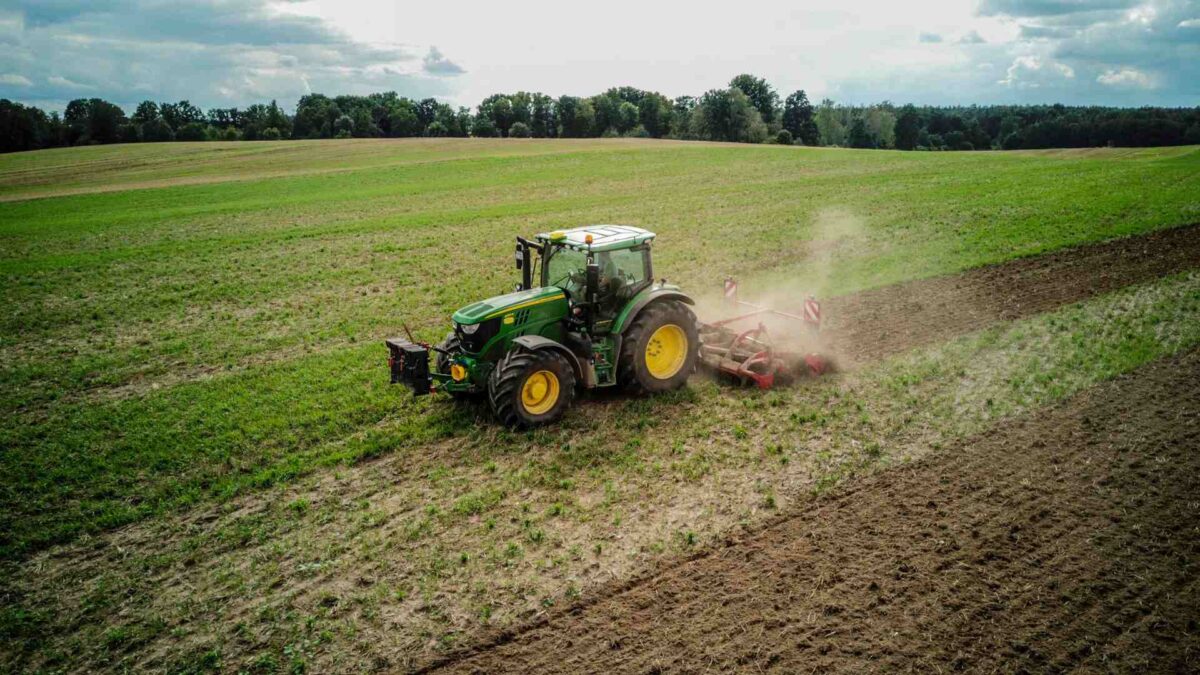
Science Driving Action
Minister Heydon emphasized the scientific momentum behind Ireland’s agricultural climate strategy. He highlighted the importance of the 28 Department-funded research projects across 2023 and 2024, which have led to the creation of 132 research roles in agri-climate science.
“We have assembled some of the best national and international researchers,” he said. “Their findings are providing the practices and technologies we need to reduce emissions while continuing to produce food sustainably.”
Among the most promising advances discussed:
- Feed additives such as RumenGlas are showing the potential to reduce methane emissions by 10–28%, depending on the animal type, diet, and additive inclusion rate. A landmark Irish study also indicated improved animal performance alongside methane reduction — a first in Ireland.
- Selective breeding strategies are identifying cattle that emit 10–20% less methane with no sacrifice in productivity, through the ROADMAP project — one of the world’s largest methane databases.
- Biostimulants made from algae are reducing the need for chemical nitrogen fertilisers by 20%, maintaining grass yield while cutting associated emissions.
- Advanced fertiliser formulations, such as protected urea and nitrification inhibitors, are achieving emission reductions of over 70% and up to 89%, respectively.
Continued Investment in Innovation
Minister of State Noel Grealish reaffirmed the government’s ongoing commitment to research funding, citing over €48 million invested since 2020 and additional funding to be announced later this year under the 2025 Thematic Research Call.
“This conference is a moment to take stock of how far we’ve come and to strengthen our international partnerships for the journey ahead,” Grealish said.
Share this WeathÉire story:
